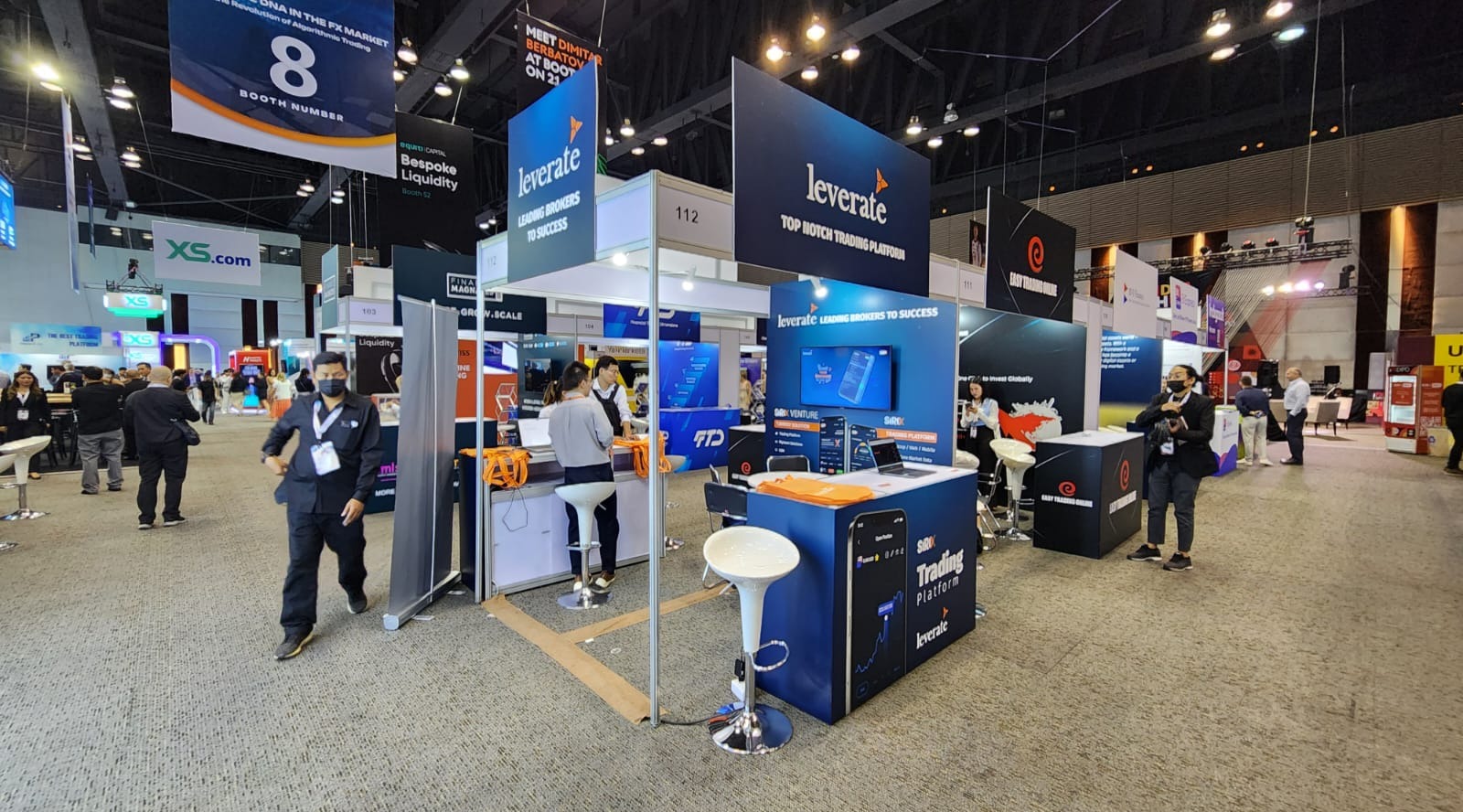Hong Kong is one of China's most prominent financial hubs, and now it might pivot in the direction of cryptocurrencies . Despite its skeptical stance on crypto trading in recent years, the City is currently preparing a more friendly regime for digital assets, planning to legalize retail trading.
Although retail cryptocurrency activity is banned in mainland China, Hong Kong wants to build its reputation as a global crypto center by allowing digital assets exchanges and platforms to apply for a local license issued by the Hong Kong Monetary Authority (HKMA). Based on the obtained authorizations, they will be able to legally provide services to retail customers, according to a Bloomberg report.
The planned licensing program for cryptocurrency platforms is expected to start in March 2023. The regulator wants to allow trading mainly on the largest tokens, but details are yet to be announced. First, the idea will be put out for public consultation.
According to experts cited by Bloomberg, the move aims to restore Hong Kong's position as an international financial hub. While it still carries that status, recent years of political turmoil and covid lockdowns have caused a noticeable expert exodus. However, a stronger entry into the world of cryptocurrencies may change that.
After the potential changes, Hong Kong could become the only major cryptocurrency player in the region. Singapore, Hong Kong's long-term financial rival, recently tightened cryptocurrency regulations, proposing a complete ban on leveraged transactions in the crypto market. China, meanwhile, defined the sector last year as mainly illegal.
One Country, Two Systems Principle
Although Hong Kong is a city within China, it has its own financial and legal structure under the "One Country, Two Systems" principle. With cryptocurrency trading banned in the Middle Kingdom, and Hong Kong legalizing retail trading , it will be a clear signal that the framework is still working, and the City's independence remains.
It is worth recalling that before 2018, Hong Kong was already the base for several large cryptocurrency exchanges, including FTX and Binance. However, during the last 'cryptocurrency winter', the City introduced stricter rules, limiting platforms to clients with $1 million or higher portfolios. Only two companies, HashKey and BC Group, were approved to operate, while large players moved to other jurisdictions.
Experts cited by Bloomberg are concerned Hong Kong's current actions might not be enough. Even if retail customers are allowed to trade, the platforms licensed in the City will be less competitive than those operating in more friendly legislative environments.
Data collected by Chainalysis Inc. shows that in the East Asian region, Hong Kong recorded the lowest rise in cryptocurrency transaction volumes (9,5%). In comparison, Japan saw a 113% increase in the same period and Mongolia a 72% jump.


















